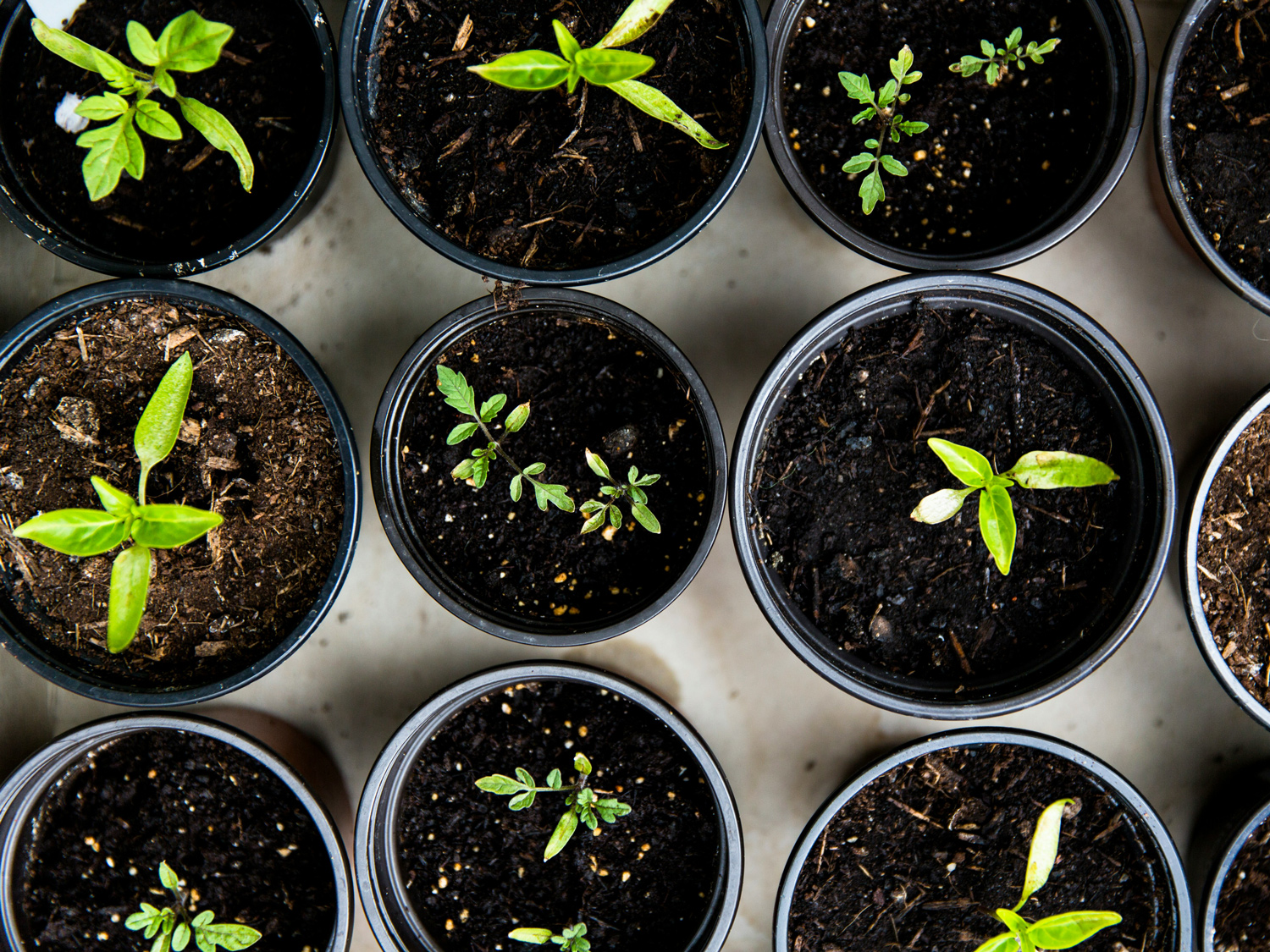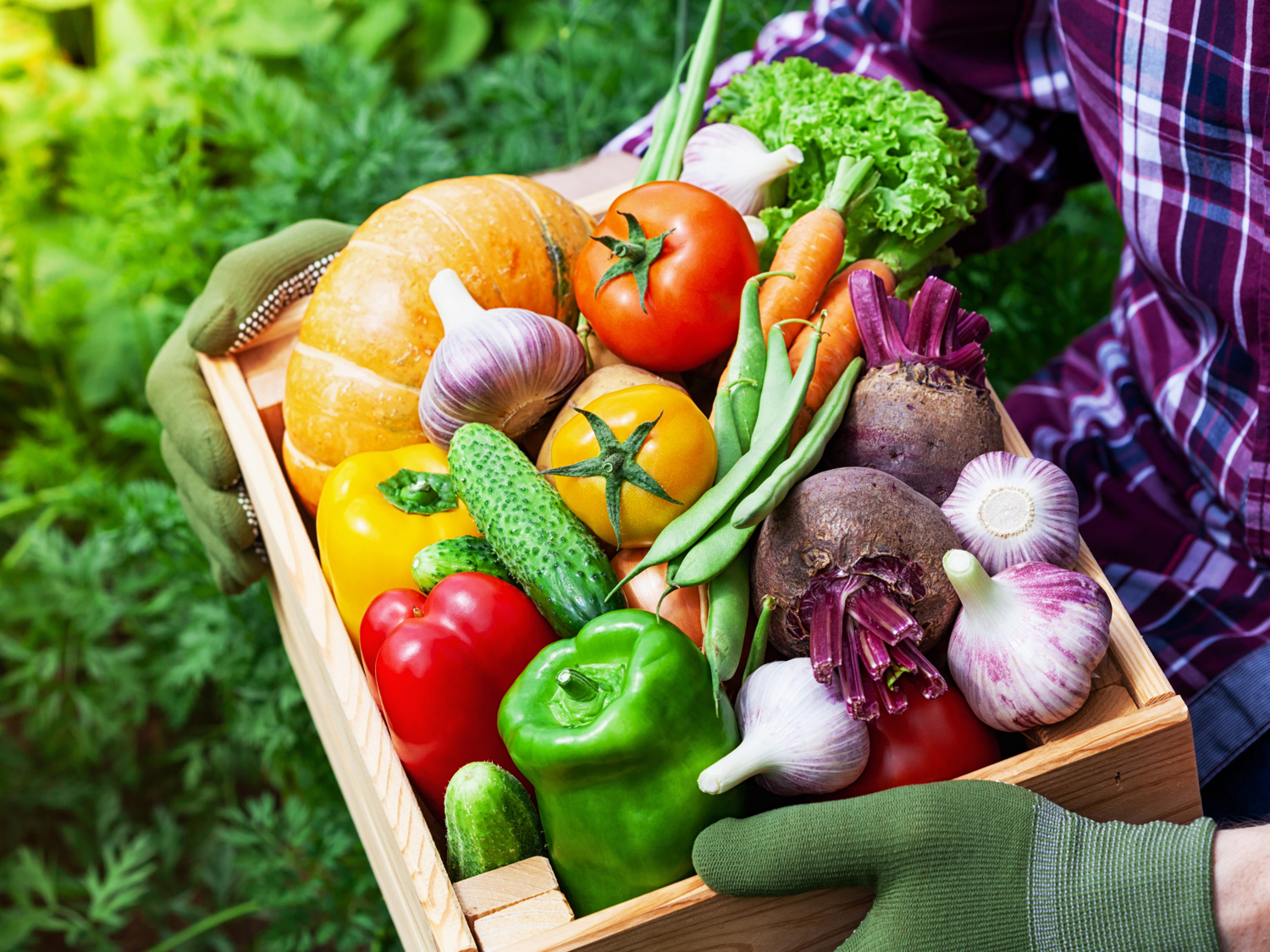Beta, Beet, Early Wonder, 4g


- Sun Preference
- Full-Sun, Part-Sun
Description
Beta vulgaris
Matures In: 55 days
A popular early producing variety with sweet, purple-red globes and delicious emerald greens that can be used in place of kale or chard. A favorite beet for canning.
Seed Starting Successfully
Start your garden from scratch with Gertens' wide variety of seed packets! Whether you're a seasoned gardener or just starting out, we have seeds for every skill level and garden size. From colorful flowers to delicious vegetables, our seeds are carefully selected for their quality and performance.
Details
Planting & Harvesting
Seed Depth: 1/2″ (13mm)
Plant Space: 4″ (10cm)
Row Space: 18″ (46cm)
Sprouts In: 6-12 days
Start outdoors in loose, well-drained soil in early spring as soon as soil can be worked, or up to six weeks before first fall frost. Beets prefer a cool climate and can tolerate mild frost.
Keep soil moist for best growth, easy harvest, and sweetest flavor.
More Information
| Brand | Lake Valley Seed |
|---|---|
| Seed Packet Type | Vegetables |
| Common Family Name | Beet |
| Sun Preference | Full-Sun, Part-Sun |
| Deer Resistant | No |
| Harvest Time | Spring, Fall |
| Plant Life Cycle | Annual |
| Spacing Between Rows | 18" |
| Spacing in Row | 4" |
| Planting Depth | 1/2" |
| Days to Germination | 6-12 days |
| Days to Maturity | 55 days |


